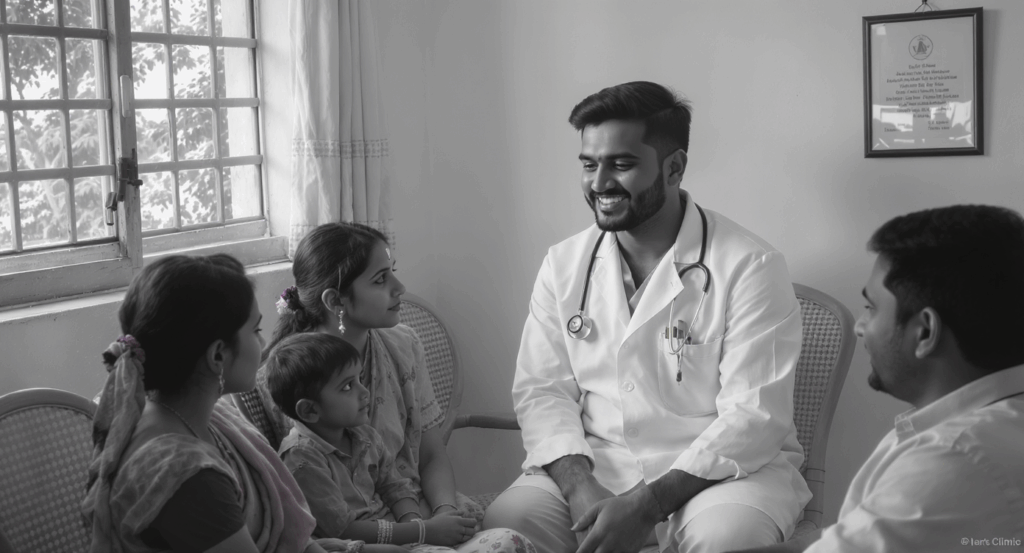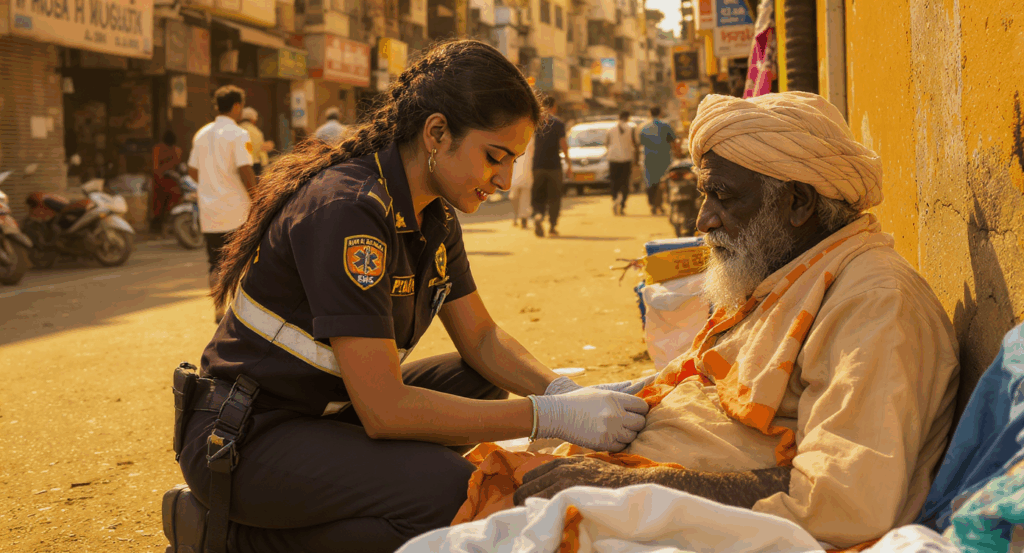
We provide dedicated paramedical services to support the healthcare sector with skilled and compassionate professionals. Our paramedical staff play a vital role in ensuring that patients receive timely care and that healthcare institutions run smoothly and efficiently.
By supplying qualified, trained, and certified paramedical personnel, we help hospitals, clinics, nursing homes, and community health programs deliver quality medical support services. Our paramedical workforce is carefully screened, trained, and deployed to meet the specific needs of clients, ensuring both professional competence and compassionate care.
By partnering with us, healthcare institutions can focus on medical excellence while we provide the paramedical workforce required to support operations, enhance patient experience, and improve healthcare outcomes.
In today’s fast-growing healthcare sector, paramedical services play a vital role in bridging the gap between doctors and patients, ensuring smooth healthcare delivery both inside and outside hospital environments. From assisting in diagnosis and treatment to managing emergencies and rehabilitation, paramedics provide life-saving support and compassionate care, making them indispensable to modern medical practice.


